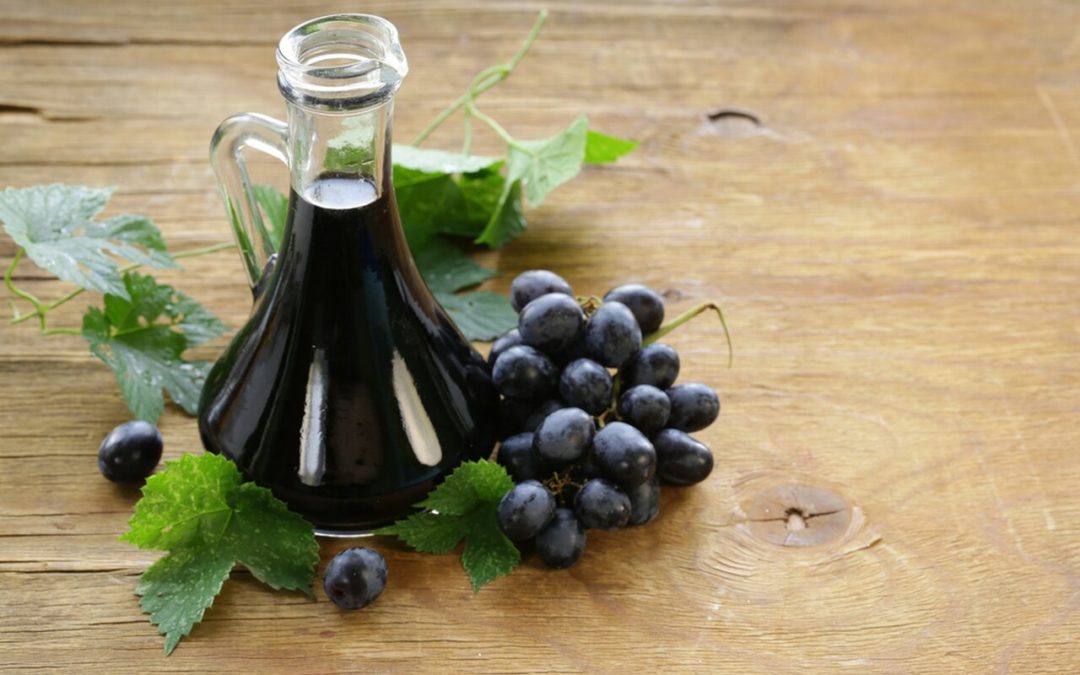
What Makes a Good Quality Vinegar
What makes a good quality vinegar and how to tell a good quality vinegar
Gourmet vinegar is a highly versatile ingredient that has been around for thousands of years. Valued since ancient times for the exceptionally rich flavor and aroma it imparts to dishes, gourmet vinegar is a tart, flavorful liquid that brings out the best in foods and ingredients. If you are only familiar with the white distilled vinegar commonly available in supermarkets, you are missing out on one of the most enjoyable condiments in the world. So what makes a good quality vinegar? There are certain essential qualities that all the best quality vinegars share:
Top quality vinegar base
To create a high quality vinegar, you need to start with a high quality base . The best quality vinegars do not have to have wine as a base, but they should be created using the highest quality base available. As a rule, you should choose vinegars that incorporate the highest quality ingredient produced by each region.
North America is famous for the quality of its apples, so look for cider vinegar from this area. France, Spain, and Italy produce exquisite wines, so wine vinegars are the staples from these regions. You can refine your search further, opting for vinegars made from wines specific to each region: sherry vinegars from Spain, champagne vinegars from France, and of course, the heavenly rich balsamic vinegars from Italy. The best quality wine vinegars actually bear the name of the specific wine used in their creation.
Only a few top quality ingredients
When you see vinegars that have a plethora of ingredients, it’s a good sign that the maker is trying to mask an inferior product. High quality vinegar has a clear, crisp taste that is pleasurable on its own, without the need for masking ingredients to make it palatable. Watch out for vinegars that contain sugars, extracts, colorings, and preservatives; the inclusion of these additives is a solid indicator that the flavor of the untreated vinegar is lacking.
Pasteurization is another warning sign that a vinegar is not of the best quality. The pasteurization process, meant to increase the shelf life of vinegar, actually strips vinegar of the natural characteristics and flavor that make it such a highly prized condiment. Only by avoiding preservatives, pasteurization, and masking ingredients can you create the full-bodied, rich taste seen in the best quality vinegars.
Slow fermentation process
The best quality vinegars are naturally fermented using the traditional French Orleans process. This time-consuming method bestows a richness of flavor that is worlds away from commercially produced vinegars. In the Orleans process, ventilation holes are drilled in old wine barrels, which are then filled with wine or another vinegar base. An older “mother” vinegar is introduced into the base, which is left to ferment naturally. This aging process can take months or even years, depending on the base used and the desired acidity and flavor.
Because the Orleans fermentation process uses no heat, the vinegar develops a rich flavor and aroma that is highly prized by discerning epicureans. The world famous Balsamic Vinegar of Modena, which is aged for 25 years before sale and is widely recognized as the best imported vinegar in the world, is created using this slow fermenting process. In contrast, commercially produced vinegars are created in mere hours, using a rushed process that produces vinegars that are highly acidic and unpalatable.
You can experience the best imported and gourmet vinegars from around the world through House of Caviar and Fine Foods. We offer a wide variety of gourmet vinegars, along with the finest caviar, Foie Gras, fresh or preserved truffles, and other specialty foods at our online store. Also, follow House of Caviar and Fine Foods on Facebook for delicious recipes and more ideas on ways to incorporate these delicacies into your lifestyle.
